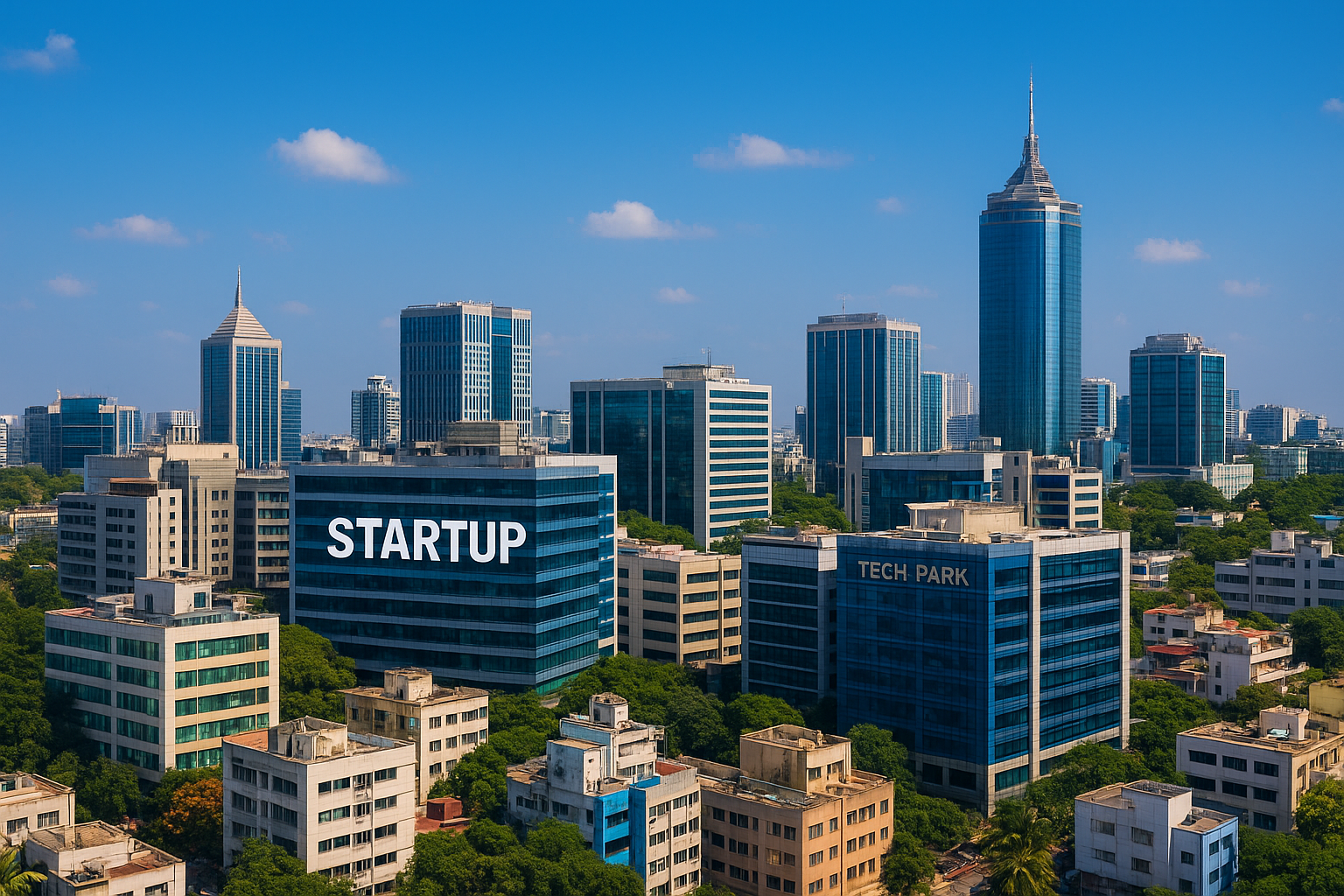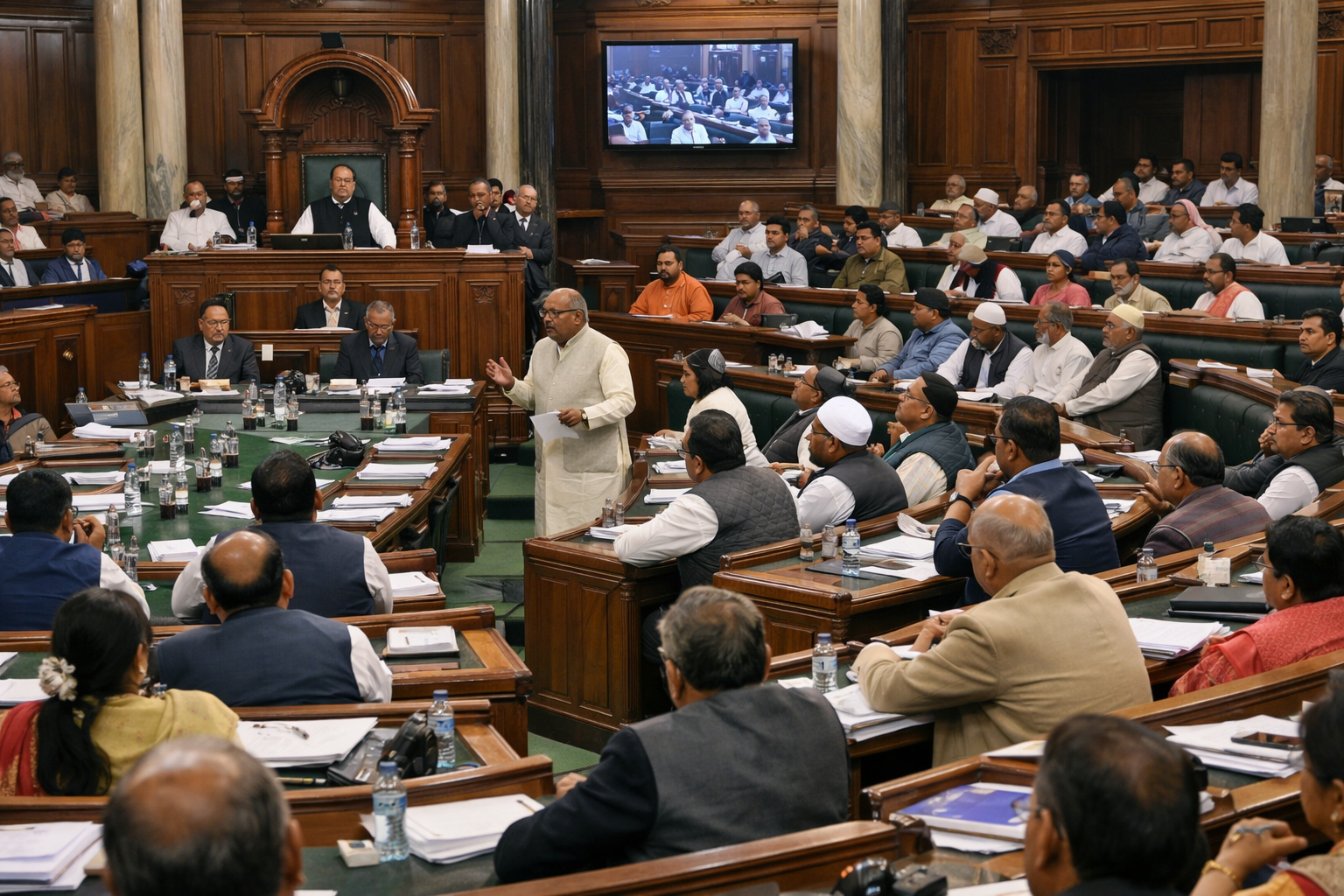India’s startup ecosystem continues to thrive, with 11 new startups achieving unicorn status in 2025, according to the ASK Private Wealth Hurun India Unicorn and Future Unicorn Report. This brings the total number of unicorns in the country to 73, underscoring India’s position as a global hub for innovation and entrepreneurship.
Bengaluru: The Epicenter of India’s Startup Revolution
Bengaluru, often dubbed the “Silicon Valley of India,” remains the leading city for unicorns, hosting 26 of the country’s 73 unicorns. These companies are collectively valued at approximately $70 billion, highlighting the city’s pivotal role in India’s startup ecosystem. The city’s robust infrastructure, access to venture capital, and a thriving talent pool continue to attract and nurture high-growth startups.
New Entrants to the Unicorn Club
The latest additions to India’s unicorn club include:
- Ai.tech: A leader in artificial intelligence solutions.
- Navi Technologies: A fintech company offering a range of digital financial services.
- Rapido: A bike-taxi service revolutionizing urban mobility.
- Netradyne: Specializing in AI-powered fleet management solutions.
- Jumbotail: An online wholesale marketplace for food and grocery retailers.
- Darwinbox: A cloud-based human resource management platform.
These startups span various sectors, including fintech, logistics, AI, and HR tech, reflecting the diverse and dynamic nature of India’s entrepreneurial landscape.
Dominance of Fintech and Workforce Growth
Fintech continues to dominate India’s unicorn landscape, both in terms of the number of companies and their valuations. Notable fintech unicorns include Zerodha, valued at $8.2 billion, Razorpay and Lenskart, each valued at $7.5 billion, and Groww at $7 billion.
Collectively, these unicorns employ over 206,000 individuals, with companies like Lenskart, OfBusiness, and PhysicsWallah leading in workforce size. This growth not only contributes to the economy but also underscores the sector’s role in job creation and skill development.
Rise of Female Founders and Young Innovators
The startup ecosystem is witnessing a growing diversity in leadership. Women founders such as Ruchi Kalra (OfBusiness), Vineeta Singh (SUGAR Cosmetics), and Garima Sawhney (Pristyn Care) are making significant strides, challenging traditional norms and inspiring future generations of entrepreneurs.
Additionally, the youngest unicorn founders include 22-year-olds Kaivalya Vohra and Aadit Palicha of Zepto, a testament to the innovative spirit and ambition of India’s youth.
Bengaluru’s Continued Leadership
Despite a 30% decline in Karnataka’s tech ecosystem funding in the first half of 2025 compared to the previous year, Bengaluru continues to lead in securing startup investments. The city’s resilience and adaptability in the face of challenges reinforce its status as a global startup hub.
Conclusion
India’s startup ecosystem is experiencing a remarkable transformation, with Bengaluru at the forefront of this revolution. The emergence of new unicorns across diverse sectors, coupled with the rise of female and young founders, signals a vibrant and inclusive entrepreneurial landscape. As these startups continue to innovate and scale, they contribute significantly to India’s economic growth and global competitiveness.



